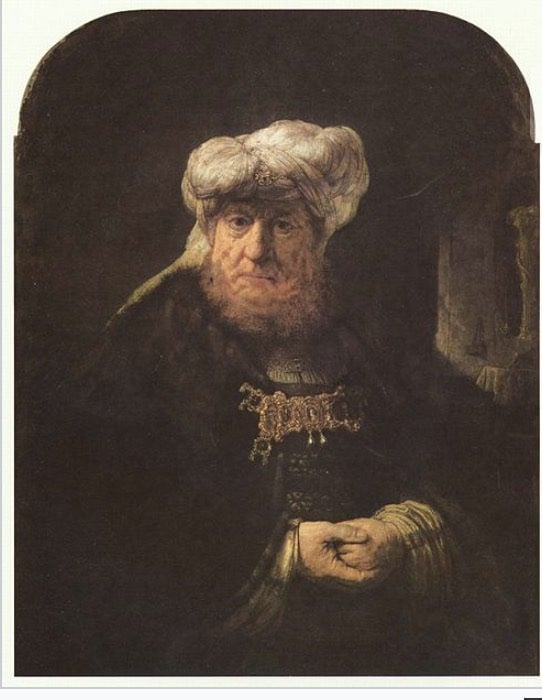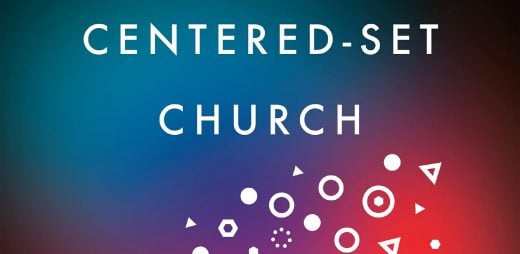Ask 3 theologians their opinion on a doctrine and you’ll likely get 4 answers. Theology is multi-faceted; biblical interpretation is just step one. This is why I previously highlighted a process for assessing theological arguments.
What is the role of historical theology, i.e. theologians throughout church history? This point might be the biggest hurdle preventing people from accepting unfamiliar but true ideas.
History as Conversation and Culture
Historical theologians are conversation partners.
Nothing else. They merely are interpreters like ourselves who have questions and assumptions stemming from their own experience and culture.
Christians often have an ironic response to historical theology. People eagerly accept the teaching of various historical teachers or church fathers. In fact, their opinions are treated as proof for the correctness of one’s views. I’ve heard numerous Protestants make the same sort of arguments heard by the medieval Catholic Church. They appeal to tradition as though we ought not disagree with church Reformers or some other popular teacher.
However, these same Christians are suspicious of culture and contextualization. They know that contemporary people and cultures are fallible. So, we tend to be more critical of contextualization than historical theology.
The problem is evident: history and culture are simply two different, fallible contexts.
Just as we do not blindly accept what any culture says, so we should not accept the teaching that comes of a given historical figure. (Also, just as we know historical theologians can help us, so also people from other cultures can help us understand Scripture in fresh ways.)

Let’s be honest– there is no such thing as a single historical theology about any particular topic. Any two church fathers and PhDs in theology will have numerous disagreements. So, even if we appeal to some set of theologians (and not others), we are being selective. We are the ones to treat such figures as having authority.
The Role of Historical Theology
So, historical theology does the following:
1. It keeps us accountable.
2. It poses questions.
3. It exposes problems.
4. It suggests trains of thought.
What is missing from this list? I didn’t write, “It is our starting point in the theological process” nor “It is a litmus test for good theology.”
He value of reading historical and contemporary theologians is this: they often have different blindspots than us. This means two things. First, we will frequently see things they did not. Second, they will show us things we are prone to overlook.
As conversion partners, they have a valuable but limited role. Historical theologians both challenge and confirm our speculations. They call us to dig deeper and explore other implications.
Historical figures can also contribute in accidental ways, especially when they do not agree. If a broad range of opinions and controversy surround a certain topic, we should be all the more careful to discern the weaknesses of the strongest ideas. Chances are that the correct answer is a creative synthesis of multiple perspectives.
In effect, put various writers in conversation among themselves, comparing how they answer one another’s objections and concerns.
Finally, I suggest purposely seeking out views you know to contradict or challenge your own. Simply reading people you likely agree with will not challenge your assumptions, suggest new lines of thought, nor expose weaknesses in your perspective. Even unorthodox thinkers can have good insights, even if they are too extreme or take a wrong turn somewhere.













